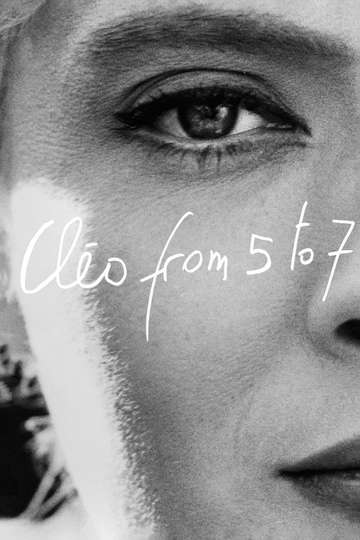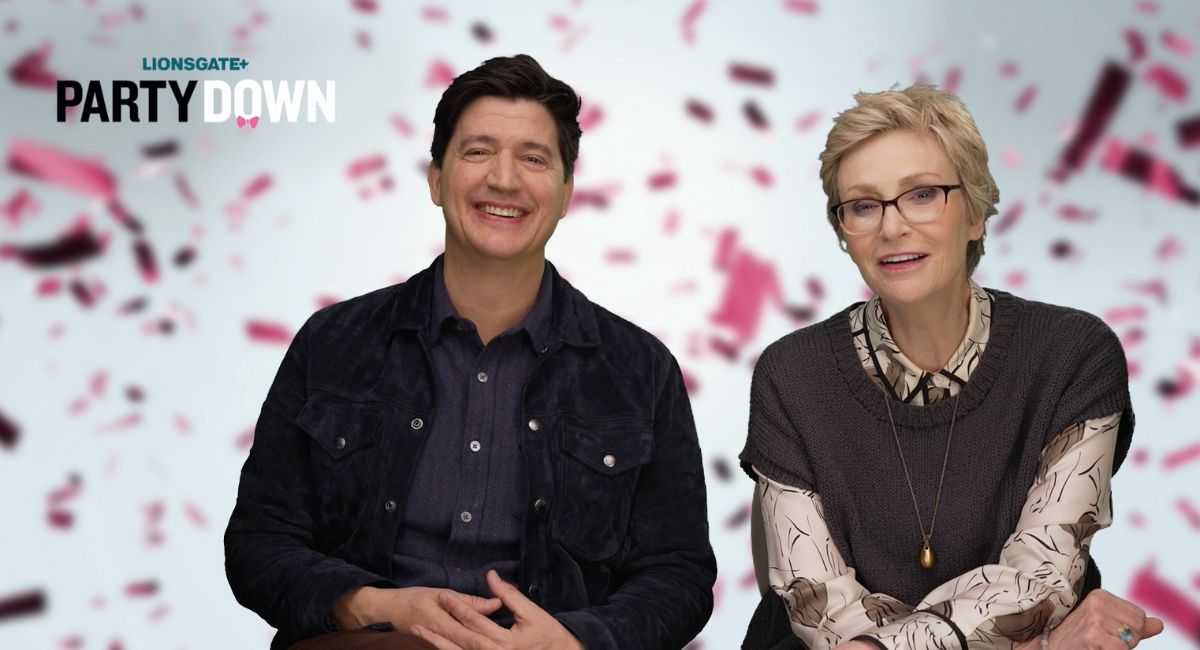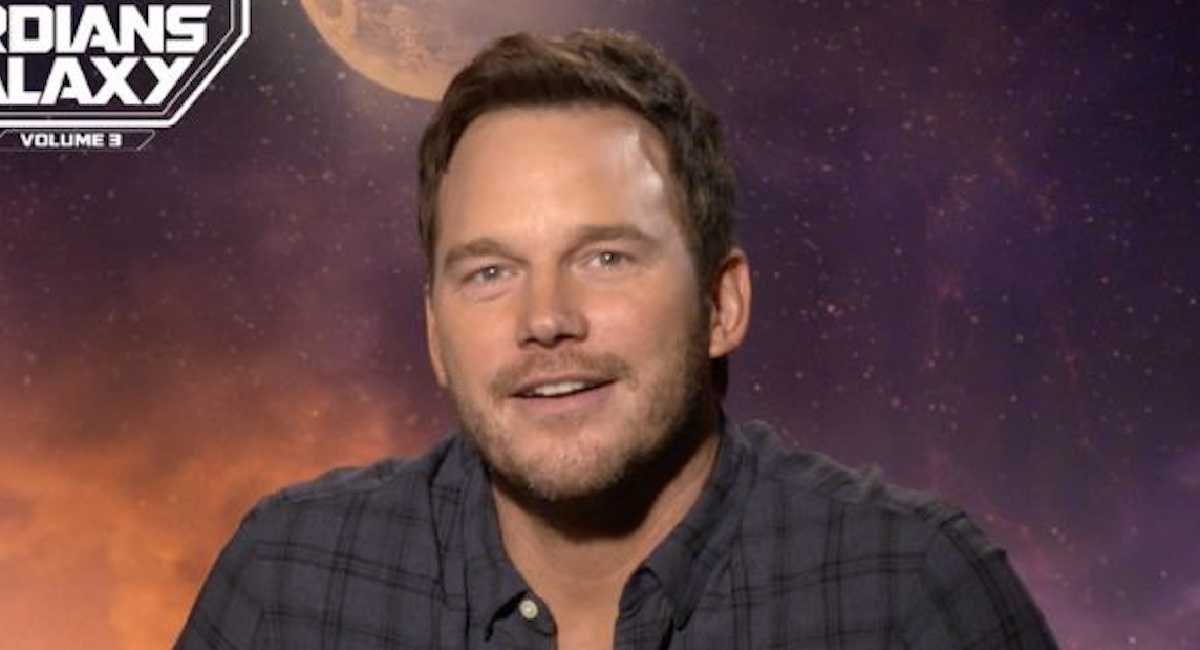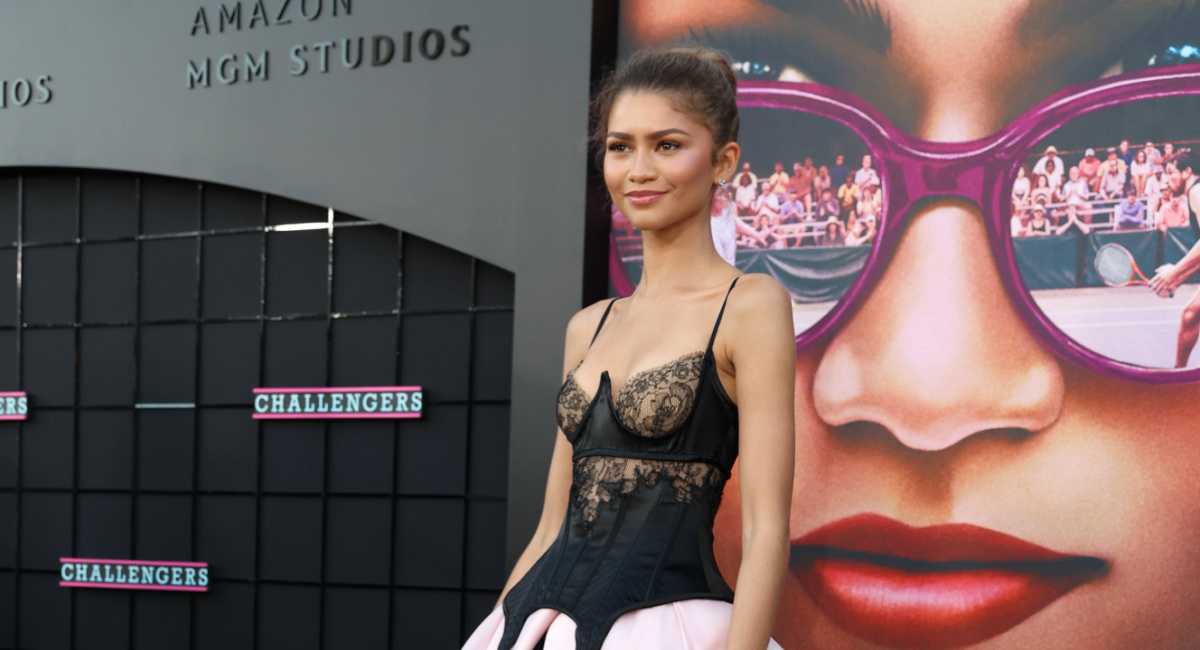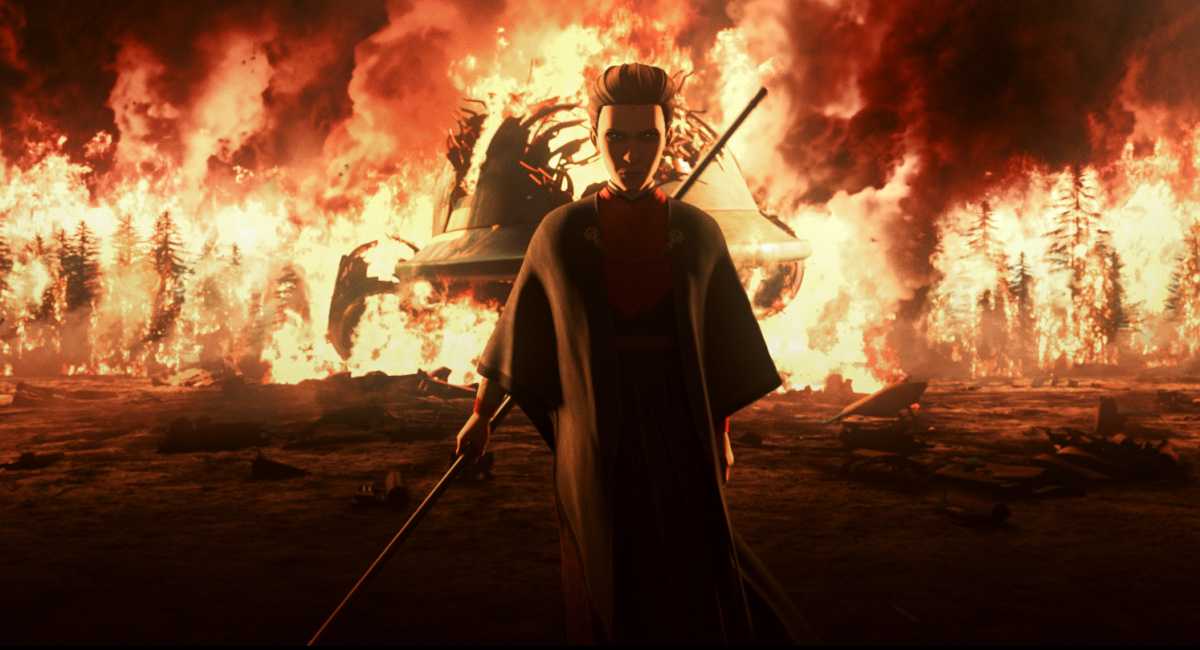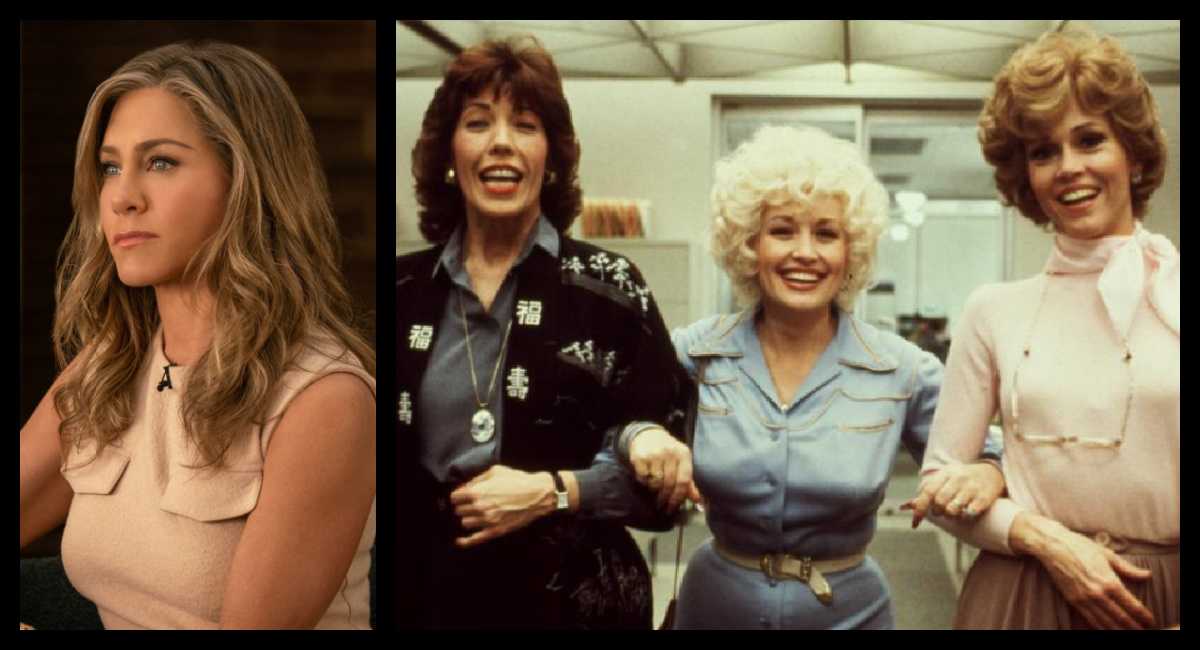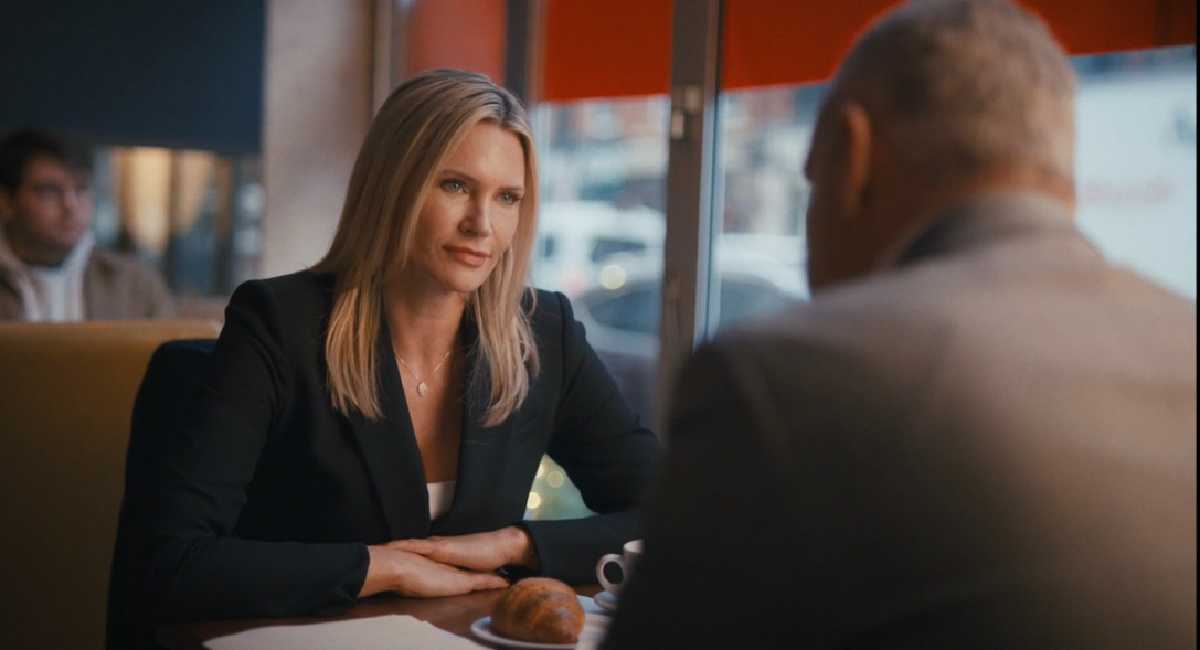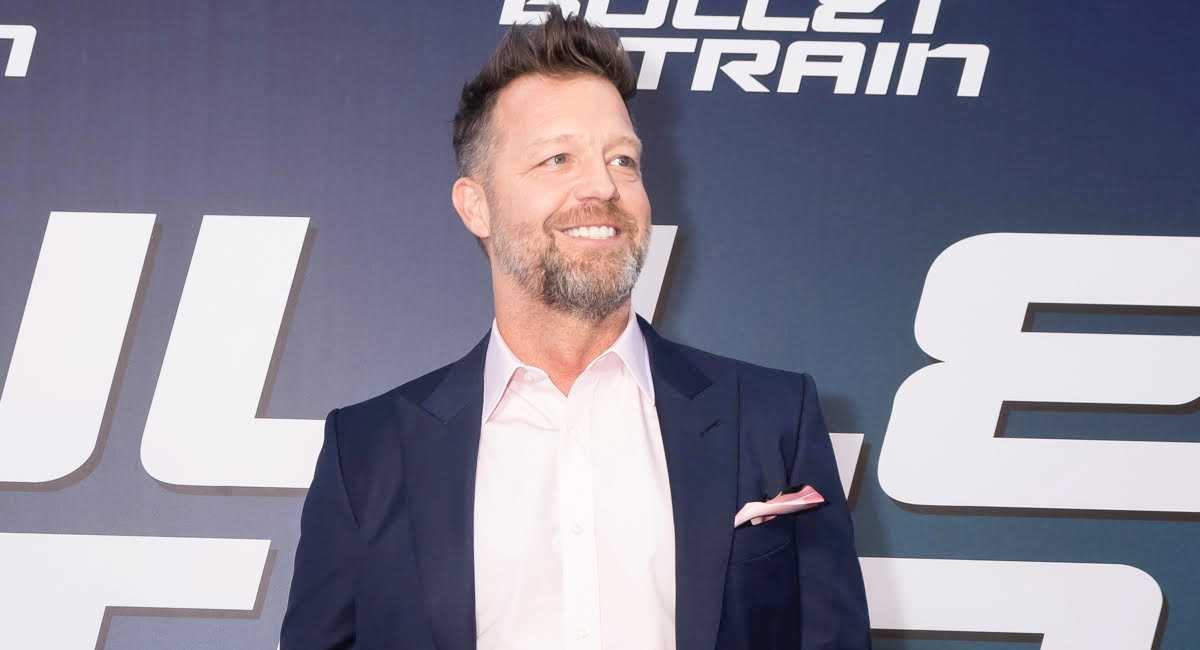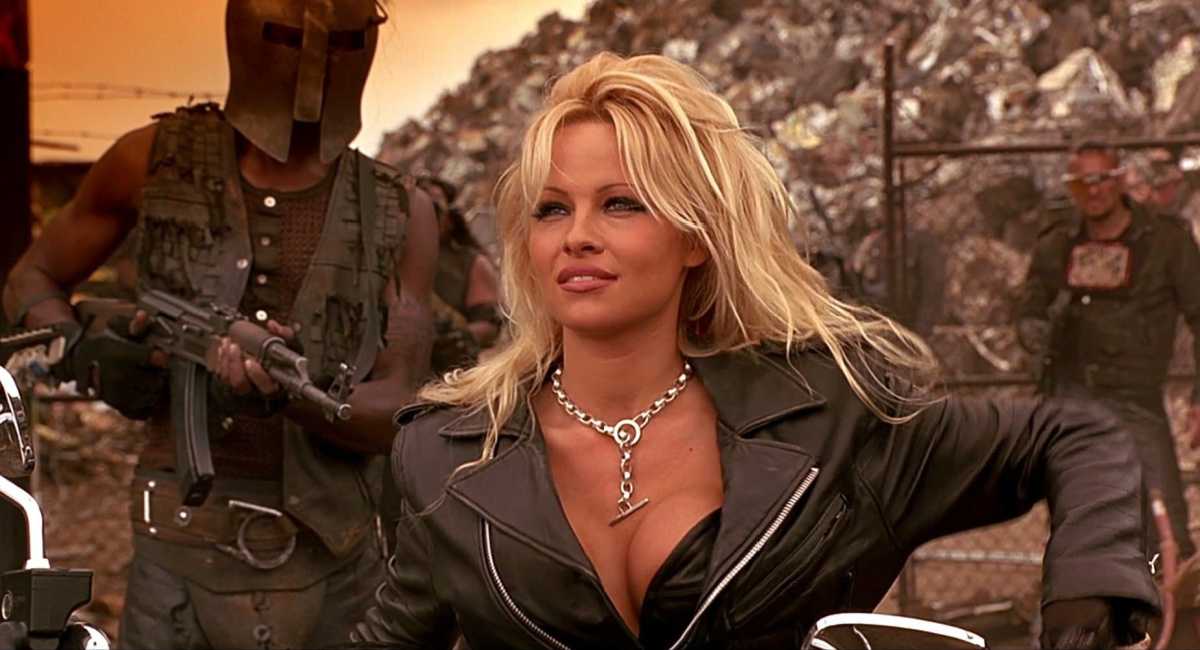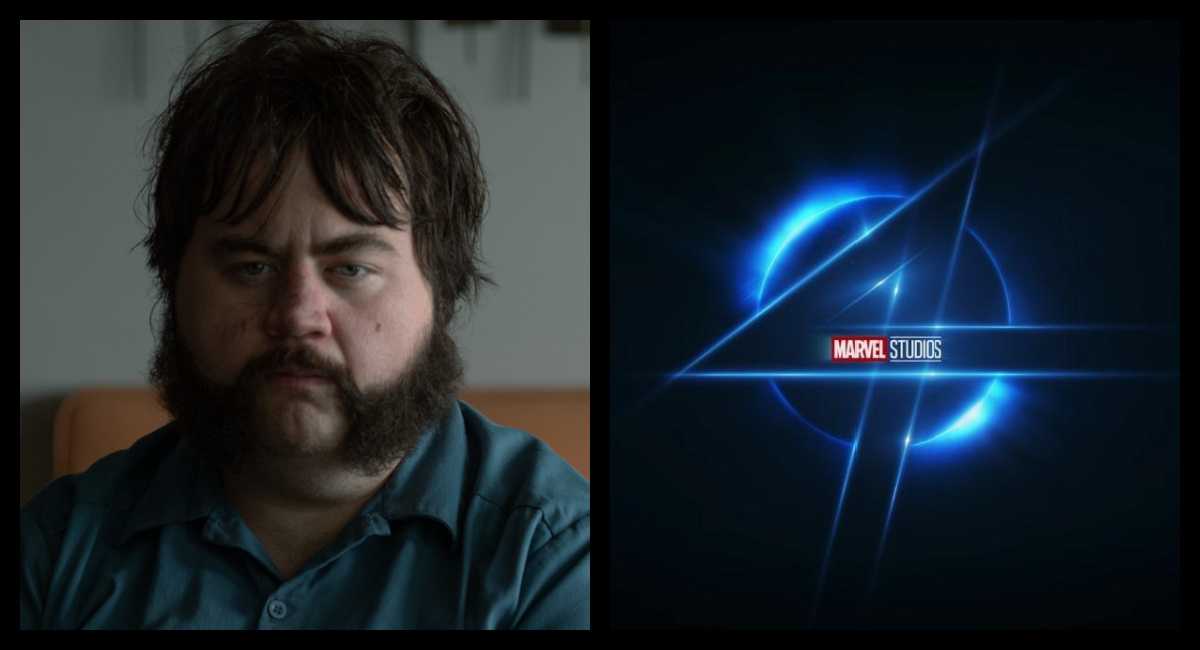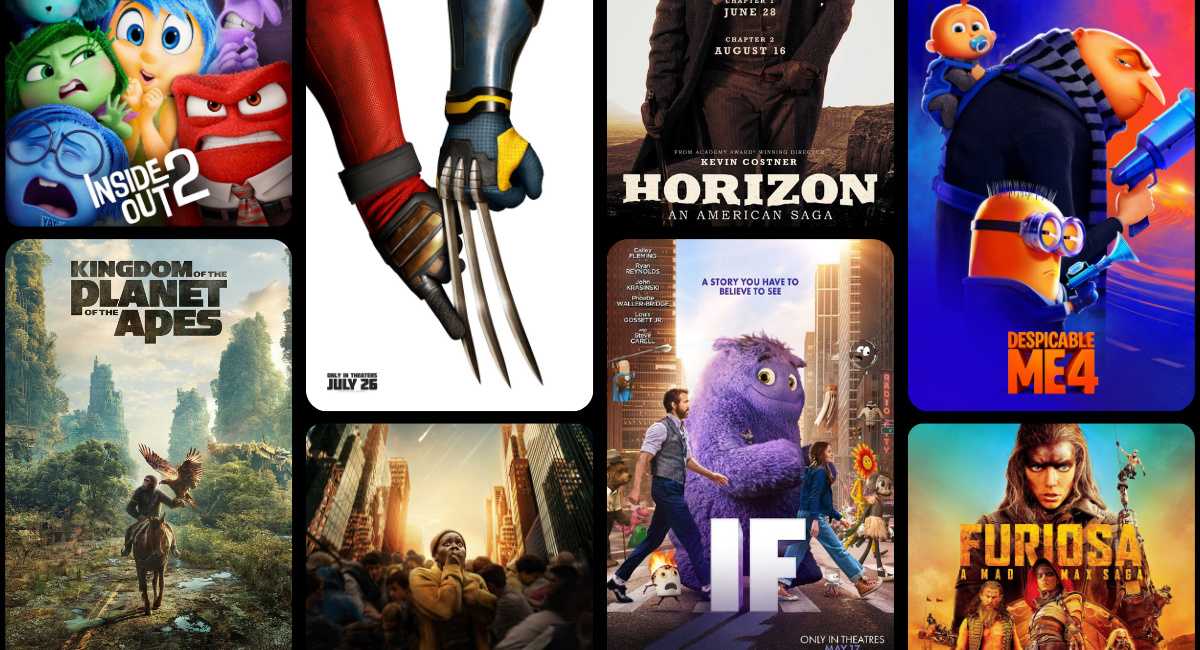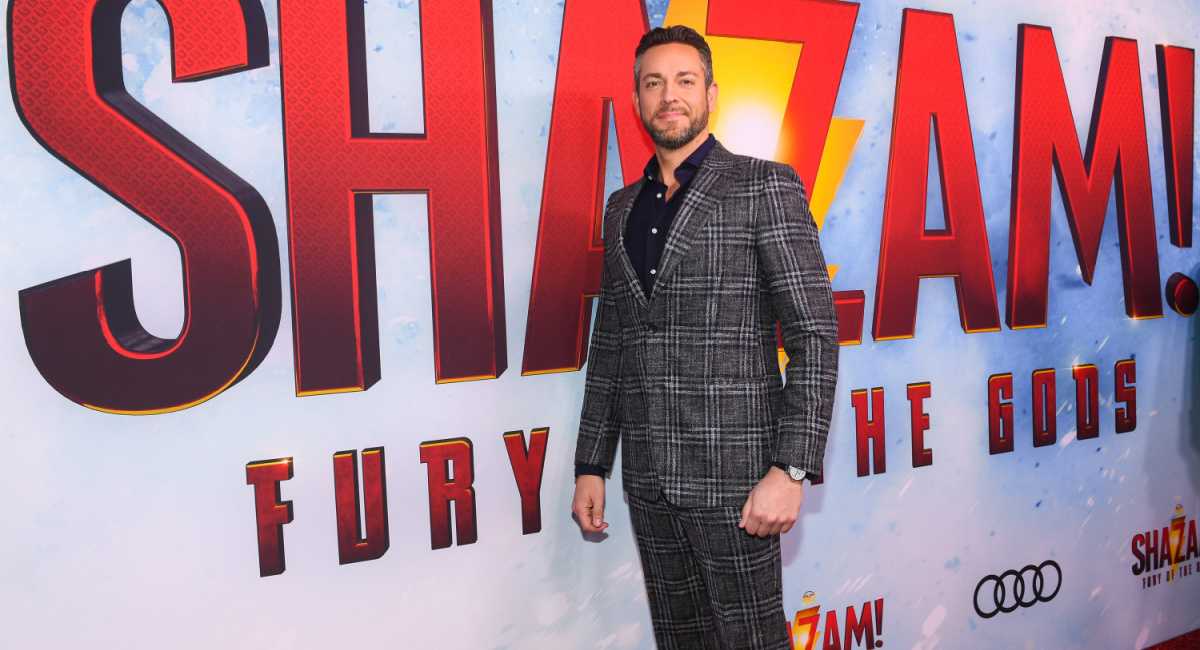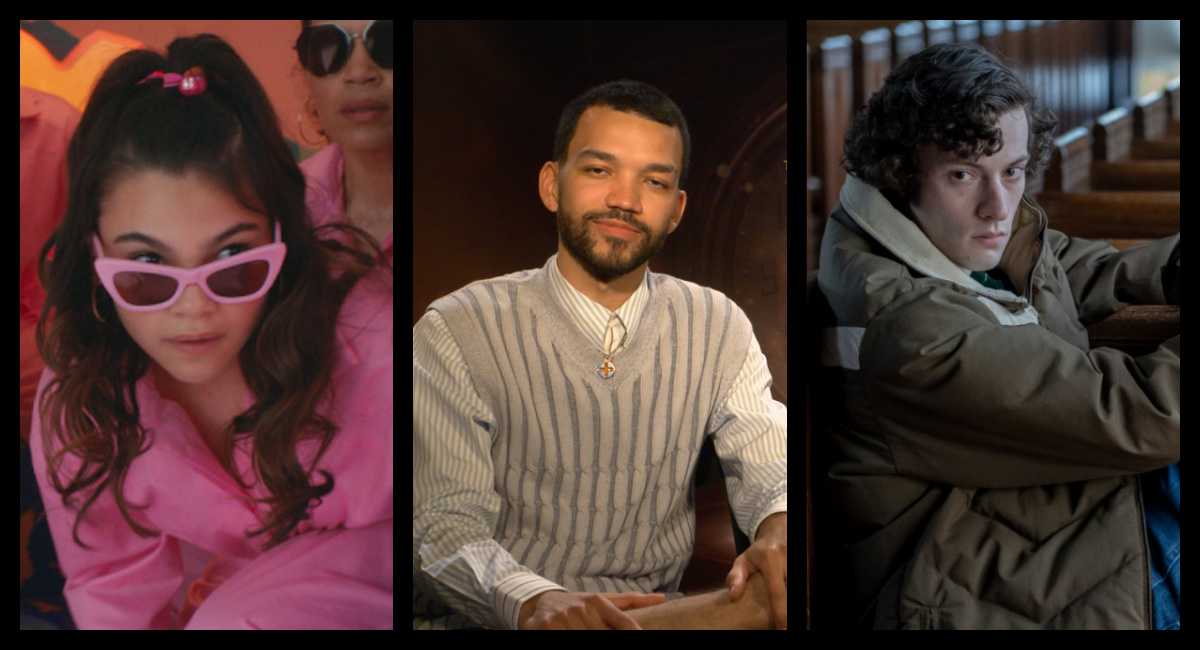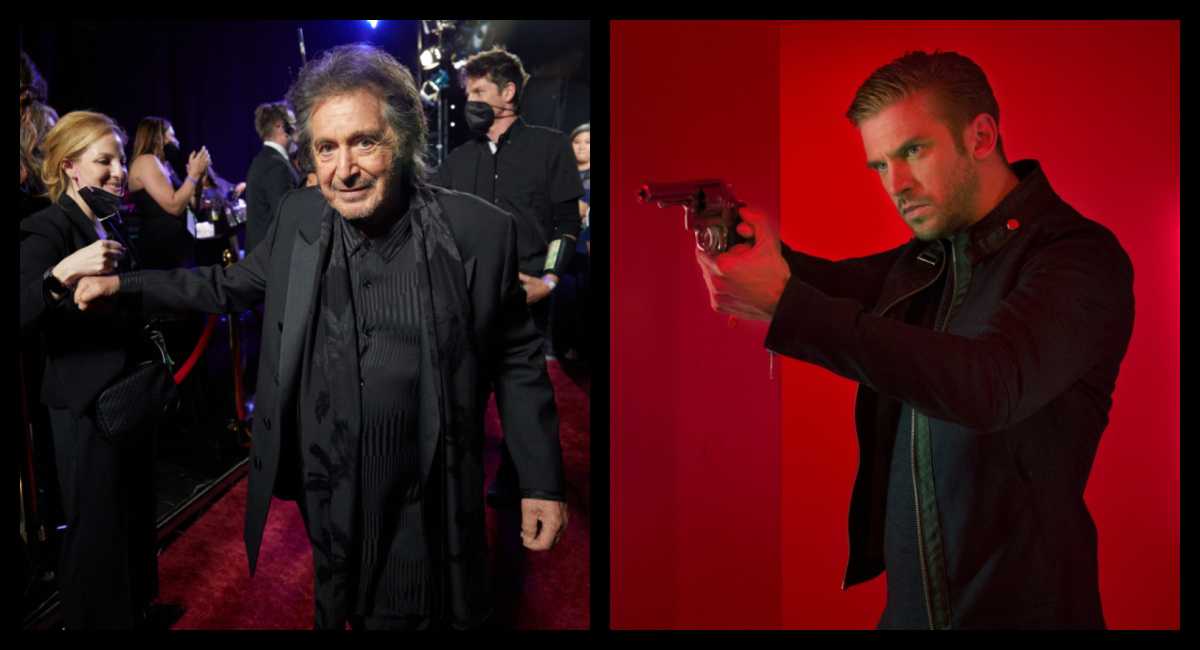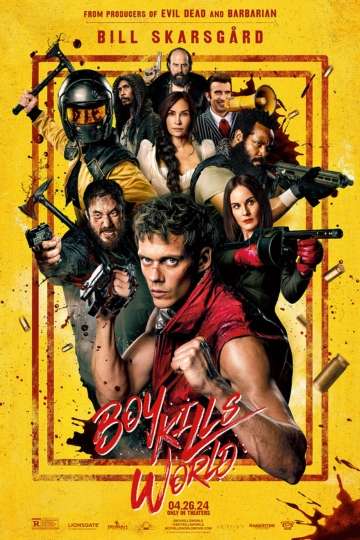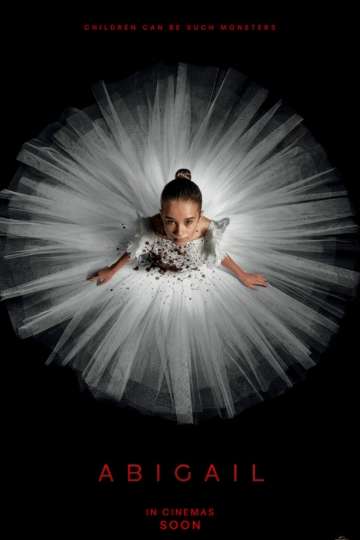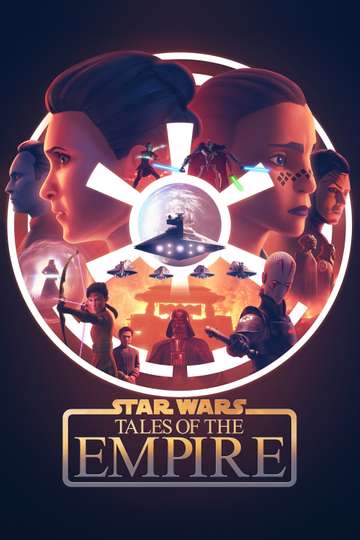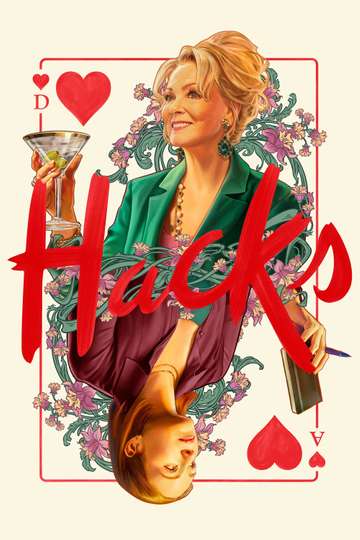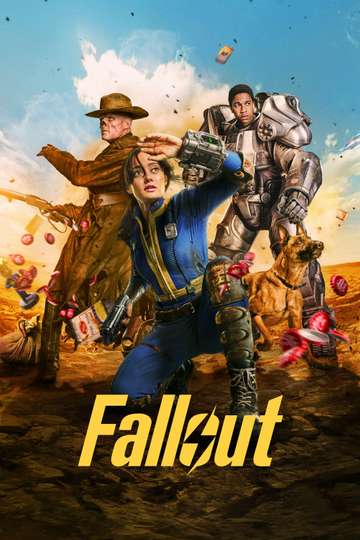Female Filmmakers in Focus: Kimmy Gatewood talks ‘Good on Paper’ & Recommends Agnès Varda’s ‘Cléo from 5 to 7’
This week we spoke to Kimmy Gatewood about her new film ‘Good On Paper,’ finding inspiration in other women directors, and remembering trailblazer Agnès Varda.
Good on Paper (directed by Kimmy Gatewood)
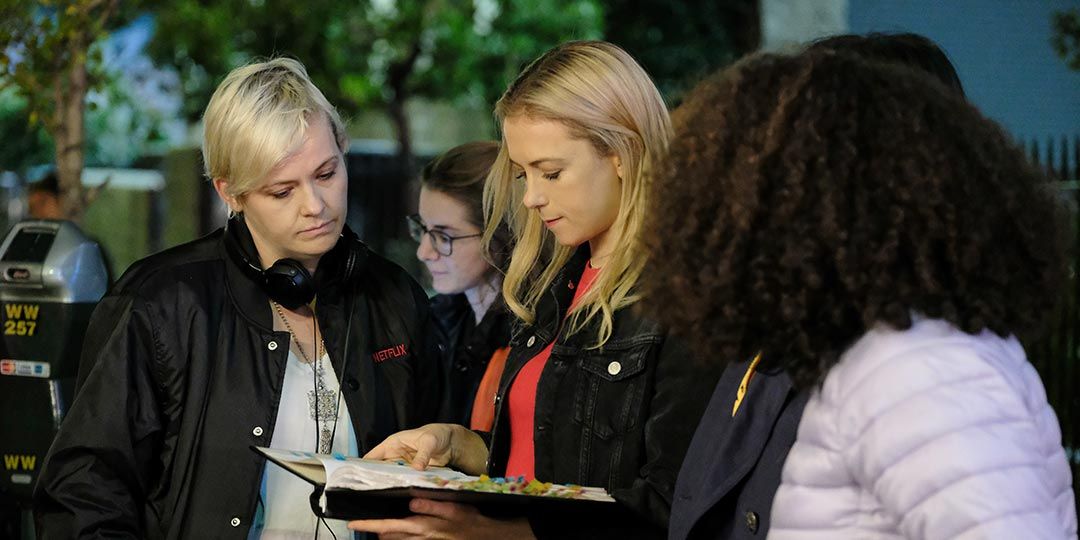
Kimmy Gatewood and Iliza Shlesinger on the set of 'Good on Paper'
Inspired by a true story that happened to writer-star Iliza Shlesinger, ‘Good On Paper’ is Kimmy Gatewood's feature film directorial debut, although she has had her hand in directing theater, comedy, short films, and television for over a decade.
The romantic comedy follows stand-up comic and would-be actress Andrea (Shlesinger) who meets a man who is too good to be true on a flight between New York and Los Angeles. Dennis (Ryan Hansen) claims he is a Yale graduate, works in finance and has a home in Beverly Hills.
At first Andrea feels only friendship for him, but as she begins to fall for him, she discovers all is not as it seems. Gatewood understands the world of comedy and presents us with a very specific slice of Los Angeles not often shown in LA movies.
Shlesinger proves herself a capable comedic lead, though she shines brightest when she’s doing her stand-up routine. The supporting cast is peppered with faces comedy fans will recognize, including icon Margaret Cho who steals the spotlight every chance she gets.
‘Good On Paper’ is available on Netflix now.
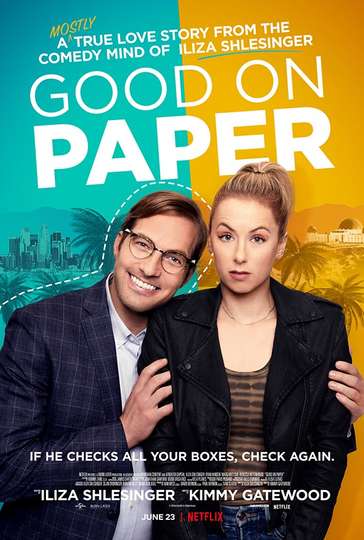
Moviefone spoke to Kimmy Gatewood about her new film.
Moviefone: What was the collaboration process like with writer-star Iliza Shlesinger?
Kimmy Gatewood: It was our first time working together, and we really bonded over the sheer amount of work we like to do. She was doing a television show at the time and doing re-writes on this script. It was quite amazing to watch. I came in and had some thoughts on the script. I come from a background of improv and storytelling and I work with a lot of writer-performers in getting their stories from a story to a show, or sometimes a script. So a lot of the process was finding the truths and translating them into the movie that you see.
MF: How does your work as an actor affect your work as a director?
KG: I do a lot of stage stuff and I come from a comedy background. As a comedian you have no money, and you usually have a black box stage, and you have to act, direct, write, produce, and market. You’re out there handing out flyers on the street to get people to come to your show. I think I really appreciate what an actor goes through, as well as writers. The process of it and how important it is to make a space that feels comfortable and safe for actors to explore. Having been an actor on a set, from my amazing experience on ‘GLOW’ and also on stage, I took from the good experiences and also the bad experience and made sure to create a stage where an actor can do their best work. I think every director has a different approach to it, but I really think that creating a space where the actors can totally explore and give their best performances make the best movies, because chemistry pops off the screen and performances pop off the screen more than anything else.
MF: How did you cast Ryan Hansen as Dennis?
KG: Ryan and I actually met on a show called ‘Bad Judge’ with Kate Walsh back in the day. I played Kiki the bartender. We had met back then, and what we were looking for in this character was someone who was unassuming. I think this is a departure for Ryan because he normally plays very lovable, goofy characters that would never do anything to anyone. Wouldn’t hurt a fly. So this was really fun because you wouldn’t really see it coming from someone like him. I think the very important part about the casting is that you really like him when you first meet him. Ryan is extremely loveable from the minute that you see him on screen or in person. What was fun about him was that the real life Dennis - which was not his real name - he is not supposed to be terribly conventionally handsome, and Ryan Hansen is very handsome. We made a few alterations. Glasses. Teeth. Bad hair cut.
MF: Was that a real bad haircut you had on him?
KG: Yeah! We dyed his hair. He is truly such a great sport with everything he does. He will just dive right in. So it was his idea to get teeth. He knew a guy named Gary The Toothfairy, who did Adam Sandler’s teeth in ‘Uncut Gems’. We were like, great! And we really dyed his hair and cut his hair. It’s funny when you’re working with professionals in this business because you’re like, “No no no, give him a bad haircut.” [laughs] The skill in which to give a bad haircut is sometimes higher than a good one.
MF: Can you talk a bit about working with Margaret Cho?
KG: Margaret Cho is an incredibly gifted actor-comedian-storyteller-human person. I felt very lucky that she was on board to do this role. She brought so much of herself to it. It’s truly amazing, especially because she comes from the stand-up world just like Iliza and has seen a completely different side of it. I think that her presence on screen really brings a lot of authority and authenticity. We were so lucky that she wanted to do it because this character needs to feel authentic to the world, needs to feel like somebody who could boss Andrea (Shlesinger) around, and I was very happy that she said yes.
MF: This was filmed on location in Los Angeles, right?
KG: It’s funny because this movie almost had to shoot in Chicago, which would have provided a lot of challenges for me as a director, being that it’s a Los Angeles set film. So we really fought for it to be shot in Los Angeles because it’s truly a Los Angeles story. Obviously, we had locations like The Comedy Store, which we were so lucky to get that space. It’s where Iliza has spent so many of her years hustling, and that was through her connections. Franklin Village, we had a great location manager, we were thinking about showing a new side of LA. We’ve kind of seen the ‘Swingers’ side of LA. The Duplass Brothers brought in Eagle Rock. Our film feels to me very much through the lens of comedy and just a different side of where people actually live. So, Franklin Village where Dennis lives, he says he lives in Beverly Hills and that couldn’t be further. It’s closer to Beverly Hills than Atwater Village, but... that house was amazing. It was owned by an artist couple who I think have a history in porn, which is very authentic to LA.
MF: Was the film always structured with the stand-up set as narrative bookends?
KG: When I was given the script it didn’t have the stand-up element to it and while we were developing this script and talking through it, Andrea was originally an actress in the script. As we were talking more about it and the authenticity of the story, it just started to make sense to bring her back to what Iliza is known for, to what she does best. It’s based on a true story, so we leaned hard into that. She’s such an amazing stand-up and storyteller and she’s very compelling when she’s on stage. We agreed there’s no better way to tell this story without including a very large part of her life, which is her career on the road. Stand-up is so specific. You’re alone on stage, sharing your truth, making fun of yourself. But then you have to do it again for another audience, or go on the road and not see your friends for months at a time. Stand-up can be so grueling, but becomes her platform and ultimately where she gets her power from when she is telling the story to an audience.
MF: What do you hope people take away from this film in the end?
KG: I hope there is a lot of debate about Dennis and their relationship. There are some themes in there about perception. How we perceive ourselves, how we perceive others. Really, I hope that people walk away remembering their own stories, having fun and laughing. I have been desperate to laugh for the last year and a half. I hope everyone can get together with their best friends and can laugh and decide whose side that they’re on, and this can be a fun conversation starter about their old relationships and the times that they may have been hoodwinked. We’ve all been there.
MF: Yes. I can relate, thinking back on some people I’ve dated.
KG: This story really spoke to me because she’s a smart, funny woman who is very in charge of her career. How does a woman like that fall for a guy like that? I think that some people might think she was dumb for falling for it, but it’s much more complicated for that. Especially if you’ve been in the dating scene in the last ten-fifteen years. We’ve all made some stupid mistakes. This just happens to be the ultimate mistake.
MF: Can you recommend another film directed by a woman for our readers?
KG: I’m a part of a collective called Film Fatales. I got behind the camera because as an actor I was getting a lot of roles like prostitute or girlfriend with no real description and I thought that if I was going to make a change in this industry I needed to get behind the camera. It was a long, hard fought battle, but I’m so happy to be here and to hopefully start adding to and shifting the conversation, with stories like this about complicated women who make mistakes and triumphs, and we can still laugh at them. I’m constantly inspired by other women. Kay Cannon has been a huge inspiration. Lynn Shelton. Claire Scanlon. One of the first movies that I saw that was directed by a woman was from a French filmmaker named Agnès Varda, who I'm sure you know about, called ‘Clèo from 5 to 7.’ It’s a really interesting, beautiful, black and white film about a woman who is dying from cancer, but is also funny and strange. It really inspired me to see that people want to see complicated female characters on screen. It was made in 1962, so we have to honor the women who were fighting before us and hopefully carry the line and force the industry to listen.
MF: I think the Film Fatales are an unsung, amazing group of women.
KG: They’ve been incredibly supportive. It’s nice to be able to have a collective of people, in all stages, with shared stories and understand the struggle and also celebrate the triumphs. The Directors Guild has a women’s steering committee that will be announcing a bunch of mentorships soon, so they’re doing good work. I’m very excited. It’s really hard to get a movie made. It’s so hard. I’ve seen so many movies come and go. It’s very satisfying that this one got through with an amazing time of producers, crew, and actors. You have to be bullheaded to get these stories out there. For any young female directors out there, just be bullheaded and don’t stop!
Cléo from 5 to 7 (directed by Agnès Varda)
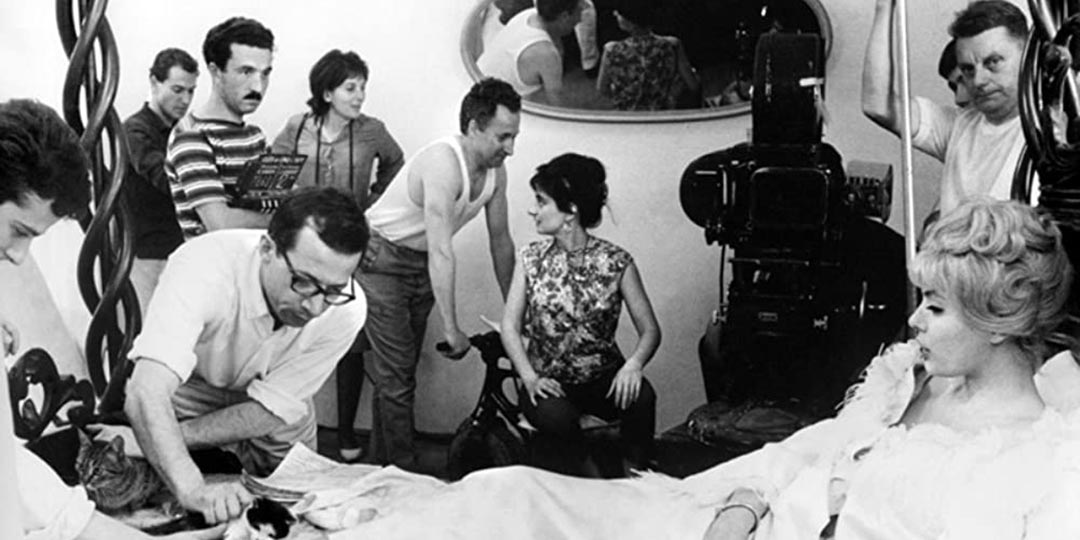
Agnès Varda (center, sitting) on the set of 'Cléo from 5 to 7'
Alternatively anointed the grandmother *and* mother of the French New Wave, Agnès Varda’s work actually pre-dates the movement, and she was not involved in film criticism before getting behind the camera like many of its members.
Varda had only seen a handful of films before she made her feature debut, ‘La Pointe-Courte’ in 1954. Her 1961 film ‘Cléo from 5 to 7’ proved to be her international breakthrough, and has been lauded as one of the greatest films ever made. In her long career, Varda directed nearly 50 feature films, short films, and television specials.
In 2017, she received an Honorary Academy Award for her unique contributions to cinema, telling Variety that she was "much more interested in the rebels, the people who fight for their own life.” The next year, she received her first and only competitive Oscar nomination, for her documentary ‘Faces Places.’ As Martin Scorsese once said, she is cinema.
Cléo from 5 to 7

